Who was Jackie Forster? Google Doodle pays tribute to lesbian pioneer
TV reporter turned activist was a tireless campaigner for gay rights and pillar of British lesbian community
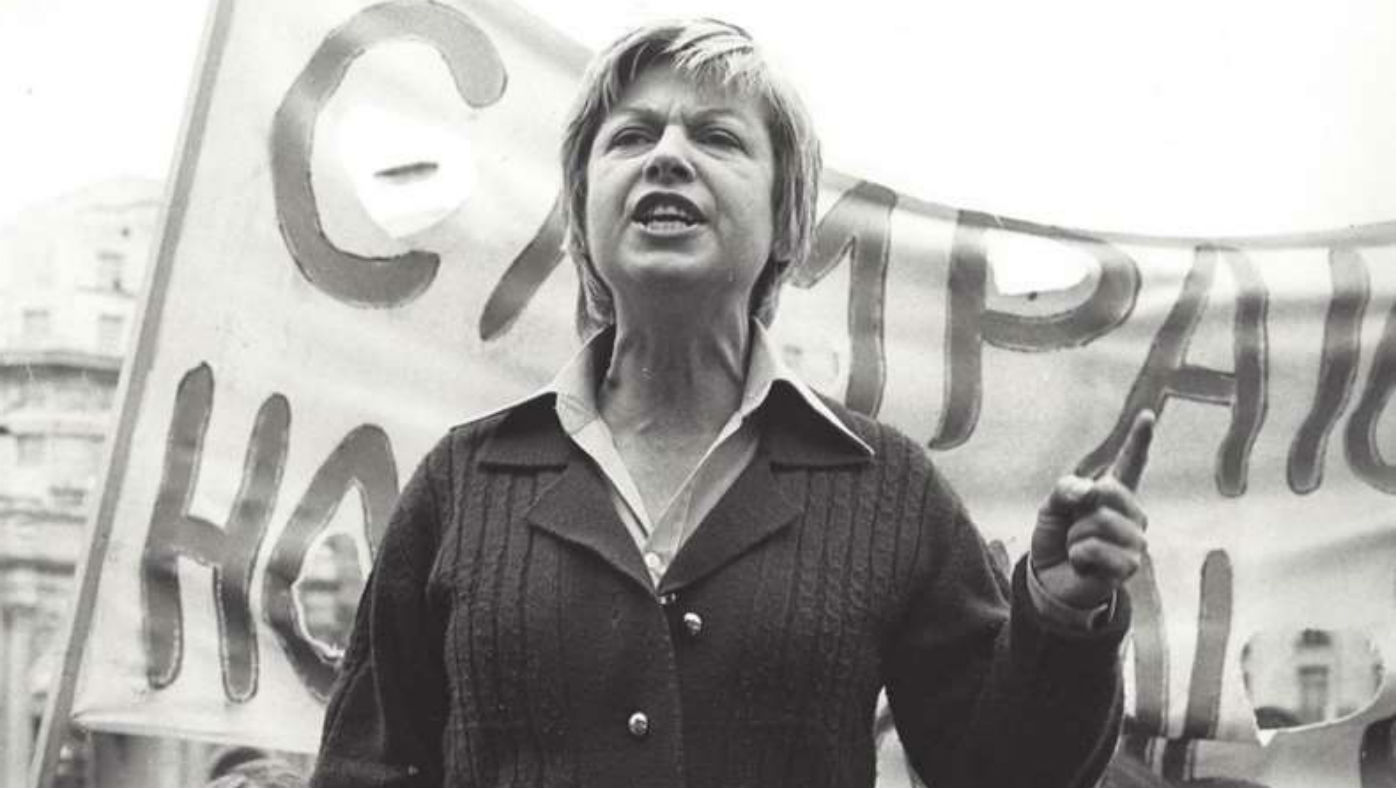
A free daily email with the biggest news stories of the day – and the best features from TheWeek.com
You are now subscribed
Your newsletter sign-up was successful
Today’s Google Doodle marks the 91st anniversary of the birth of pioneering lesbian rights activist Jackie Forster.
Born Jacqueline Mackenzie in 1926, the daughter of a Scottish army officer, she spent her early childhood among the British colonial community in India before being sent to boarding school in England.
After leaving school, she decided to pursue a career in acting. Starting in repertory theatre, she later performed in West End shows, and also had roles in TV and film, including a small part as a canteen waitress in The Dam Busters.
The Week
Escape your echo chamber. Get the facts behind the news, plus analysis from multiple perspectives.

Sign up for The Week's Free Newsletters
From our morning news briefing to a weekly Good News Newsletter, get the best of The Week delivered directly to your inbox.
From our morning news briefing to a weekly Good News Newsletter, get the best of The Week delivered directly to your inbox.
However, it was as a TV reporter that she would become a household name, celebrated for her fresh brand of straight-to-camera reportage.
Forster had her first lesbian relationship while on a lecture tour in the US in 1957, although it would be several years until she acknowledged her orientation.
In 1958, she married male novelist Peter Forster. However, the marriage soon deteriorated as Forster came to terms with her sexual identity, and they divorced four years later.
Following her divorce, Forster embraced her gay identity. She moved in with her girlfriend in the mid-1960s, although she would not officially “come out” until 1969. When she did, it was in spectacular style, The Independent recalled in her 1998 obituary, “announcing to the world at Speaker's Corner: ‘You are looking at a roaring dyke!’”.
A free daily email with the biggest news stories of the day – and the best features from TheWeek.com
It was, she said, a liberating moment after years of "feeling there is really something rather nasty and nobody else should know about it".
Forster quickly became a pillar of the UK lesbian community, bringing her quick wit, polished speaking style and tireless energy to the cause.
She was a member of Minorities Research Group, the first British organisation advocacy group for the lesbian community, and in 1970 co-founded the Gay Liberation Front, which would go on to become a major voice for the gay community.
Although homosexual sex was no longer a criminal offence, the gay community remained the target of widespread prejudice. To counter this, the new generation of activists sought to give the gay community a positive public profile - and Forster was in the front lines.
In 1971, she took part in one of the most visible demonstrations of this new phase of gay activism - the first ever London Pride parade.
The next year, she helped found Sappho, a lesbian social society whose magazine and monthly meet-ups provided much-needed spaces where gay women could be themselves and meet others like them.
“Thanks to her many hundreds, if not thousands, of women have been able to lead more dignified, less isolated lives,” said the Independent.
In the years leading up to her death in 1998, Forster dedicated herself to the Lesbian Archive and Information Centre, whose vast collection of documents remains an invaluable source for tracing the cultural and political history of lesbian communities in the UK.
She died in 1998 of breast cancer, by which time her status as a British lesbian icon was already assured. But in addition to her trailblazing advocacy, she was also fondly remembered for her warmth and humour.
“Entertaining, energetic, humorous and lively,” was how the Brighton Our Story gay history group described her in a 1998 newsletter. “Jackie did as much to challenge existing stereotypes of lesbians, as she did to save women's lives by ending their isolation from each other.”
-
 The environmental cost of GLP-1s
The environmental cost of GLP-1sThe explainer Producing the drugs is a dirty process
-
 Greenland’s capital becomes ground zero for the country’s diplomatic straits
Greenland’s capital becomes ground zero for the country’s diplomatic straitsIN THE SPOTLIGHT A flurry of new consular activity in Nuuk shows how important Greenland has become to Europeans’ anxiety about American imperialism
-
 ‘This is something that happens all too often’
‘This is something that happens all too often’Instant Opinion Opinion, comment and editorials of the day
-
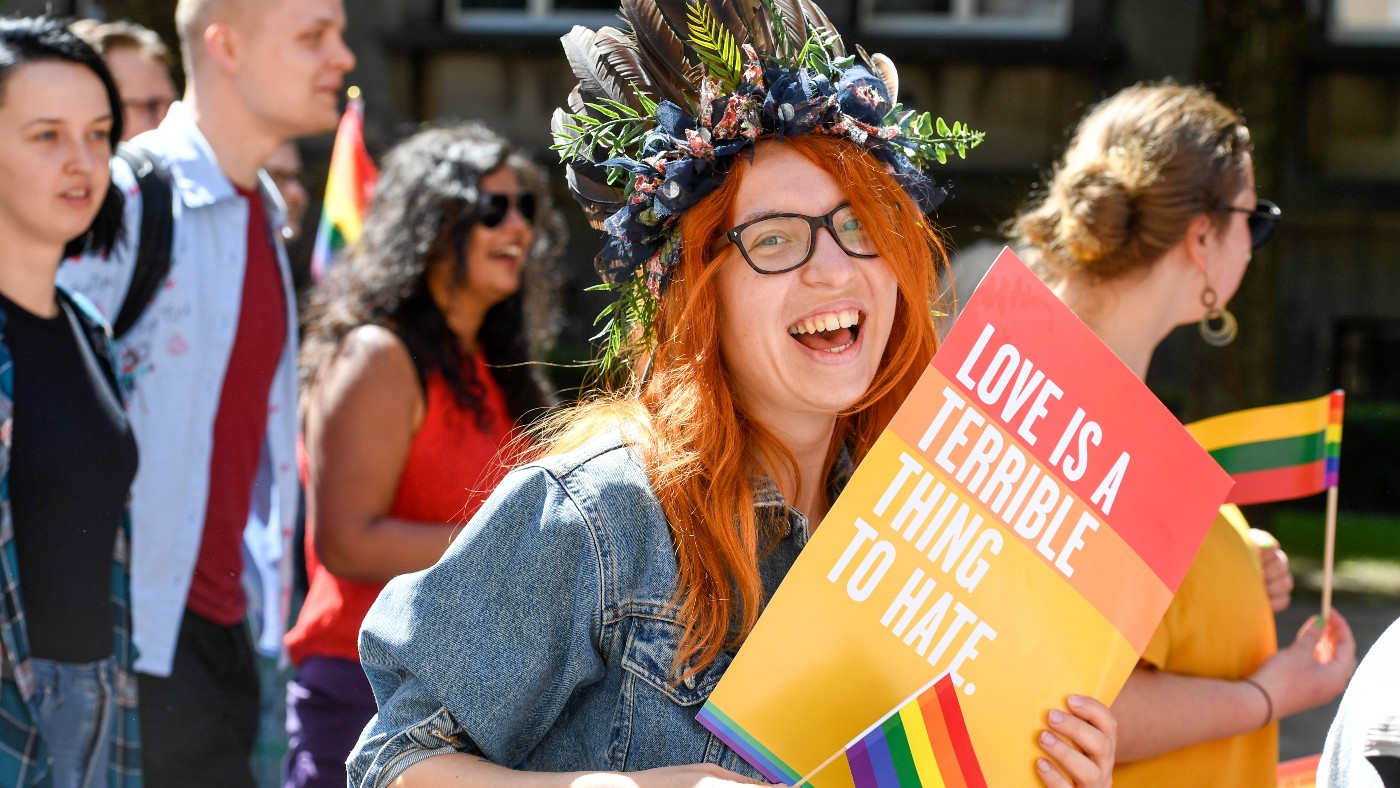 The power of Estonia’s same-sex marriage law
The power of Estonia’s same-sex marriage lawfeature LGBTQ people hope the country will set an example for other European nations
-
 The Week Unwrapped: Chinese chips, the Pope in Africa and podcasting
The Week Unwrapped: Chinese chips, the Pope in Africa and podcastingpodcast Is China losing the microchip war? What is the Vatican doing in South Sudan? And has the podcast tide turned?
-
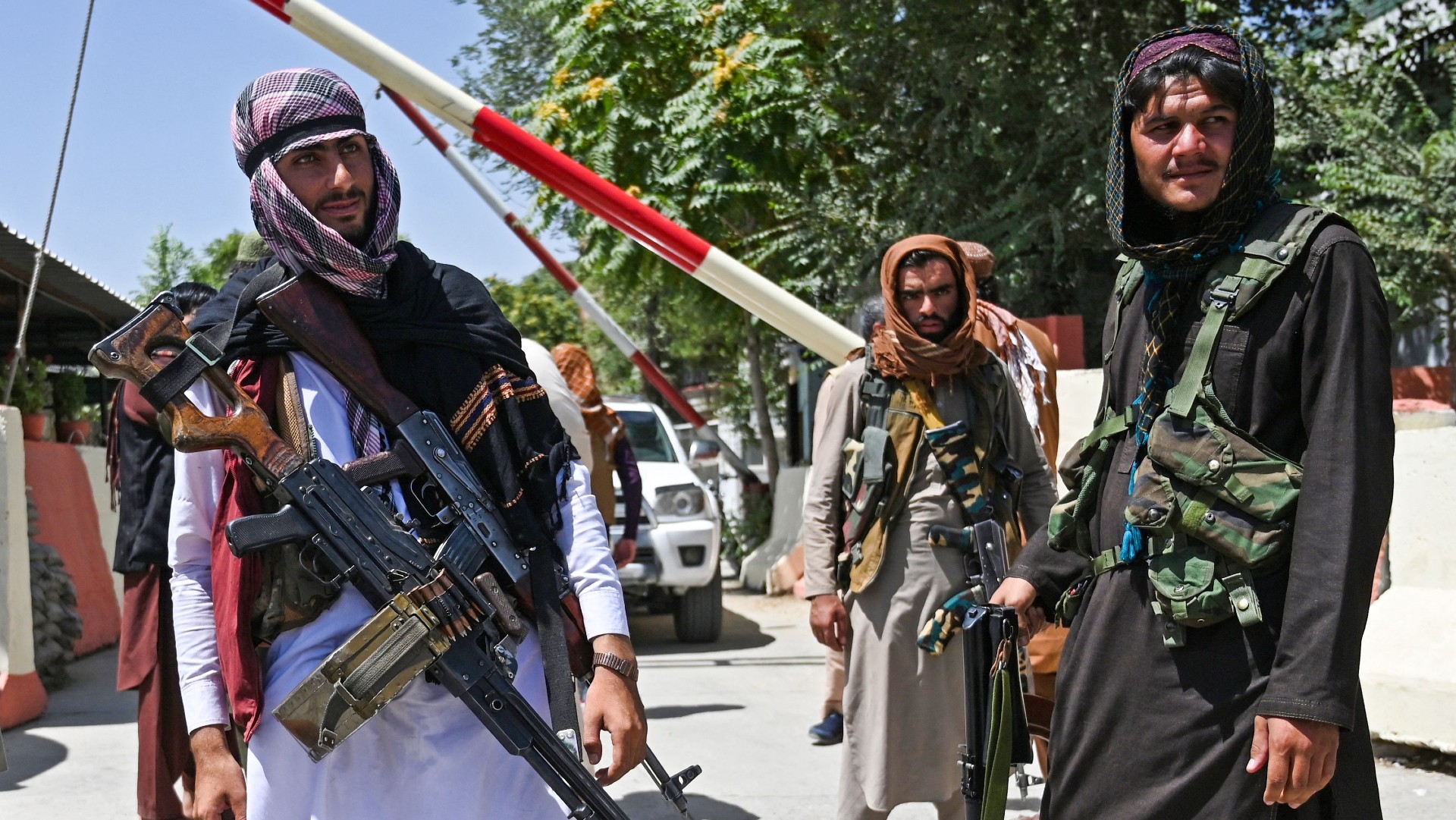 The Week Unwrapped: Afghanistan, Florida and Northern Ireland
The Week Unwrapped: Afghanistan, Florida and Northern Irelandpodcast Can the World Bank set the Taliban straight? Why is Florida saying ‘don’t say gay’? And what can we learn from the last trials of the Troubles?
-
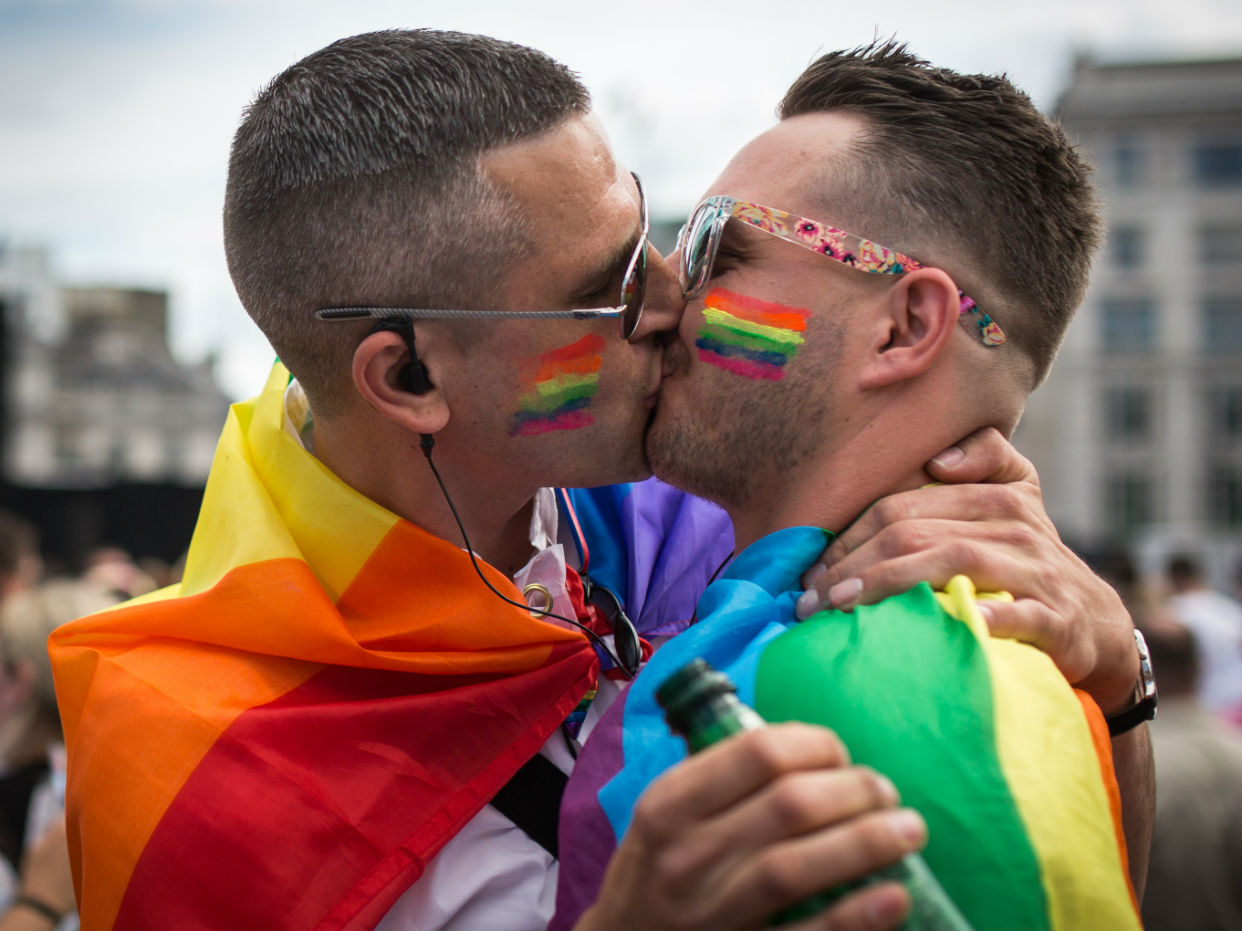 Has the UK’s acceptance of gay relationships ‘peaked’?
Has the UK’s acceptance of gay relationships ‘peaked’?In Depth Study finds first increase in disapproval of same-sex relationships since 1983
-
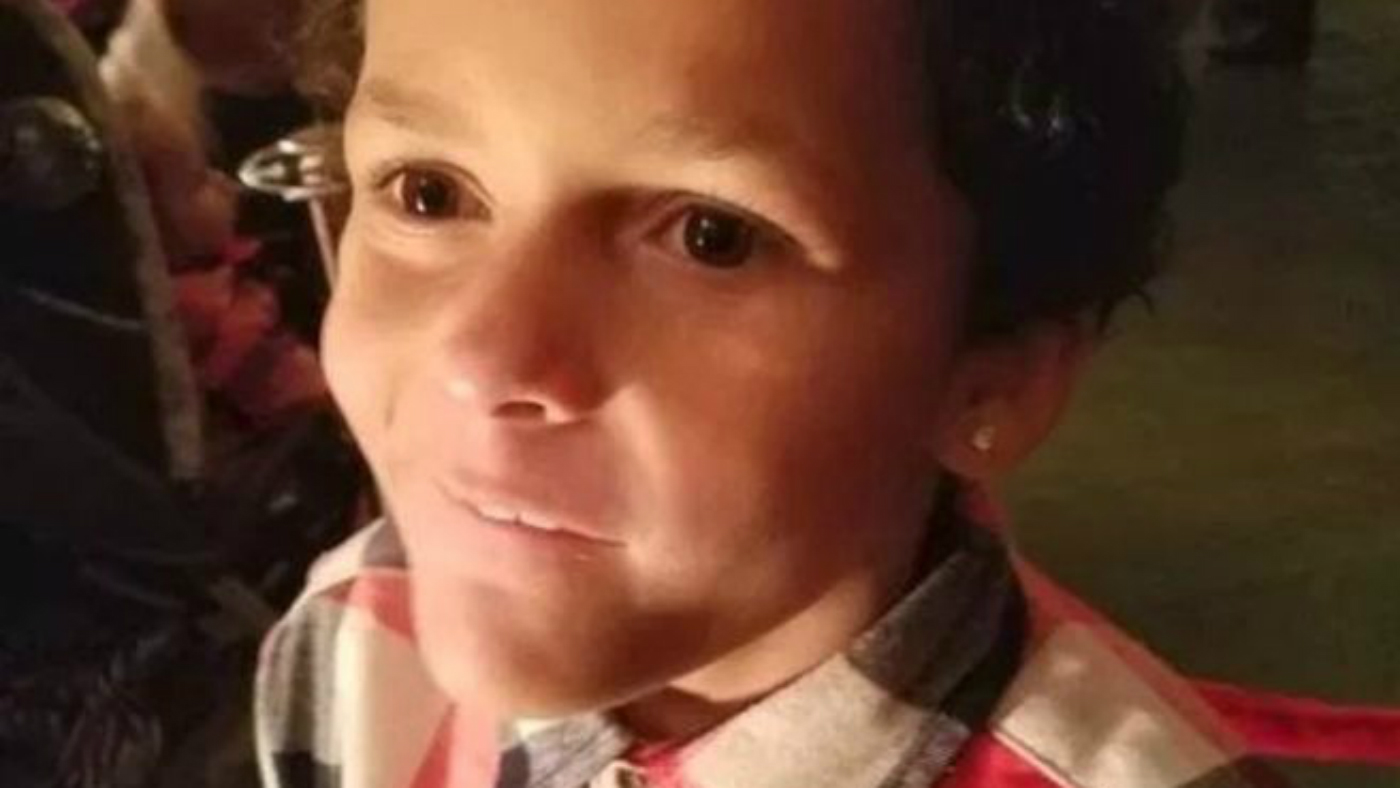 Nine-year-old boy kills himself after homophobic bullying
Nine-year-old boy kills himself after homophobic bullyingSpeed Read Jamel Myles, of Denver, Colorado, is found dead at his home after telling his classmates he was gay
-
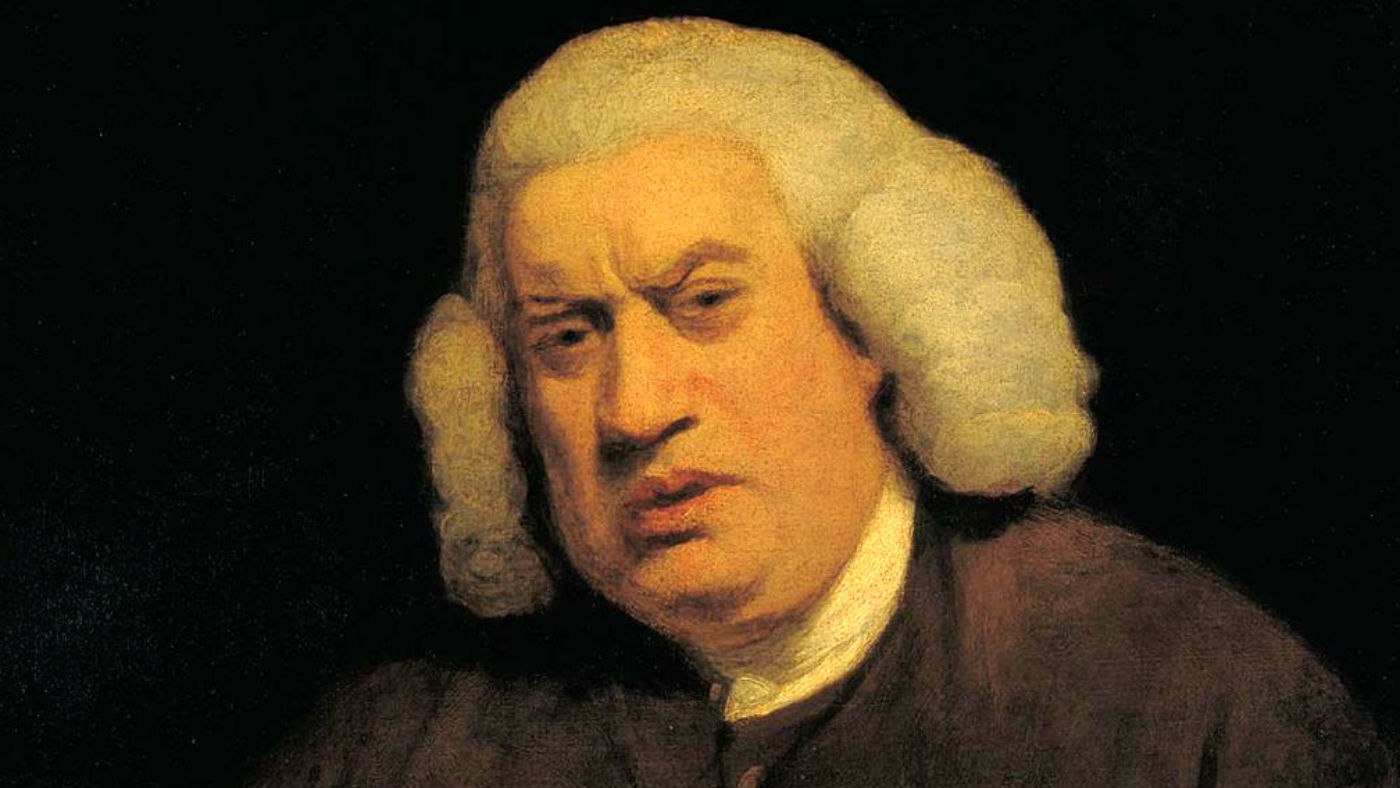 Samuel Johnson: Eight best quotes from the father of the dictionary
Samuel Johnson: Eight best quotes from the father of the dictionaryIn Depth Google Doodle marks 308th birthday of the author whose 1755 tome is a landmark of the English language
-
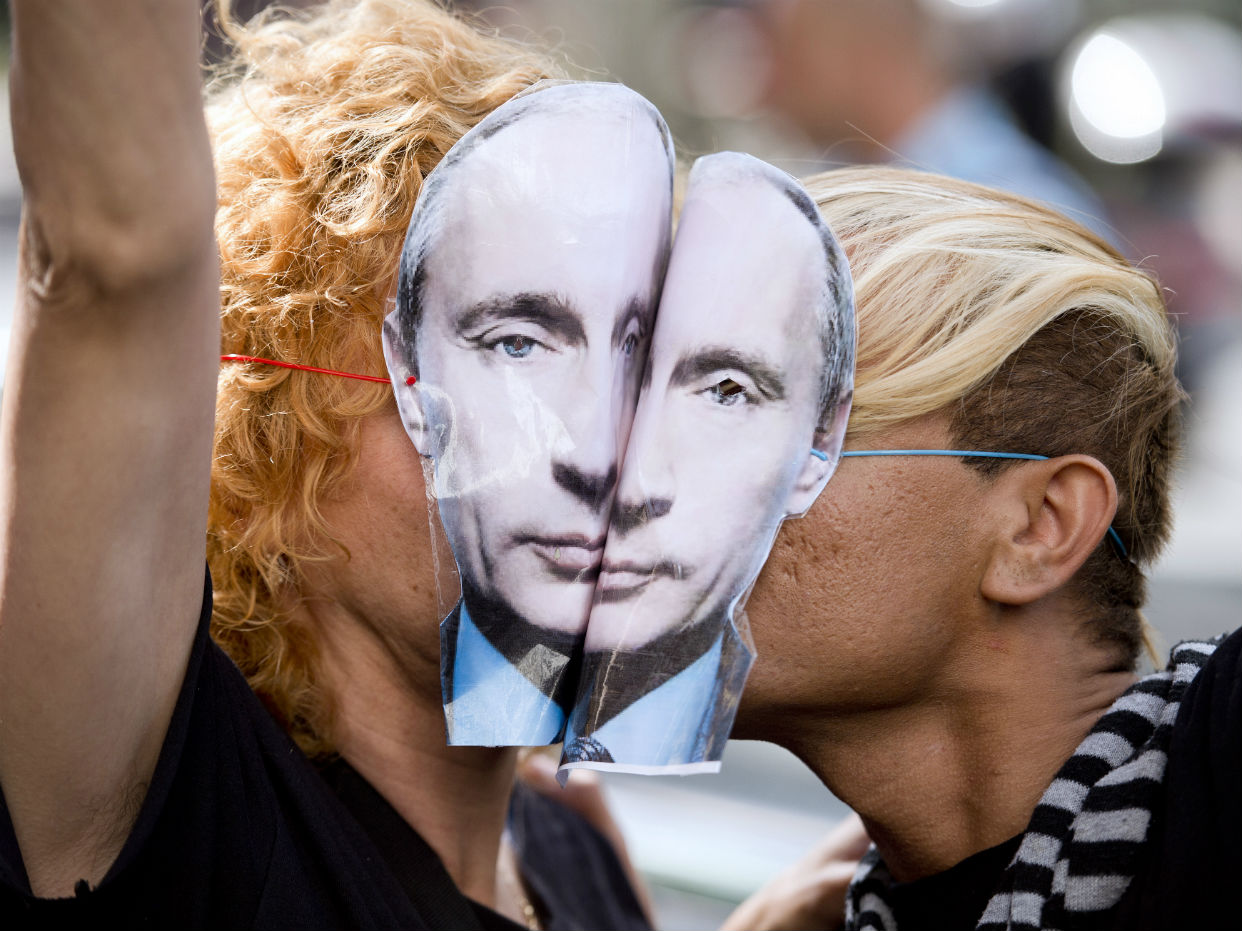 Russia to debate banning all public displays of affection between gay people
Russia to debate banning all public displays of affection between gay peopleSpeed Read Proposed law would mean same-sex couples face two weeks in jail for holding hands
-
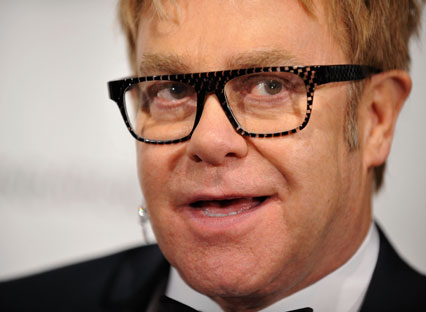 Elton John 'pranked' with hoax Vladimir Putin call
Elton John 'pranked' with hoax Vladimir Putin callSpeed Read Sir Elton, who has long campaigned for gay rights, led to believe he was talking with Russian leader